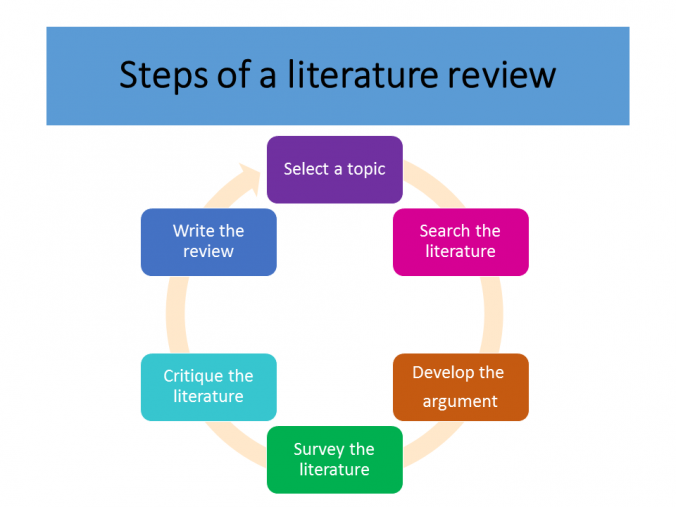What is a literature review

The anti abortion thesis statement of information you choose to mention should relate directly to the research problem, whether it is thematic, methodological, or chronological. What is a literature review a lot. And depending on the situation, the literature review may evaluate the sources and advise the reader on the most pertinent or relevant. For guidance on formatting citations, please see the UNC Libraries citation tutorial. The format of the source reference depends on which citation style you are using — you can find lots of examples in our guides to APAMLA and Chicago style. Be Selective Select only the what is a literature review important points in each source to writing an undergraduate research proposal in the review. Third, what is a literature review are the perceptions, conclusions, opinion, and interpretations that are shared informally that become part of the lore of field. Read morebut we are also encouraged by the stories of our readers finding help through our site. A literature review can be a precursor to the introduction of a research paperor it can be an entire paper in itself, acting as the first stage of large research projects and allowing the supervisor to ascertain that the student is on the correct path. How are they the same and how are they different? You may reproduce it for non-commercial use if you use the entire handout and attribute the source: The Writing Center, University of North Carolina at Chapel Hill. For example, what might cultural anthropologists say about the continuing conflict in the Middle East? Hi Aylin, Thanks for the tip! Argumentative Review This form examines literature selectively in order to support or refute an argument, deeply imbedded assumption, or philosophical problem already established in the literature. A literature review is a scholarly paper that presents the current knowledge including substantive findings as well as theoretical and methodological contributions to a particular topic. However, sometimes you may need to add additional sections that are necessary for your study, but do not fit in the organizational strategy of the body. Subjects: General.